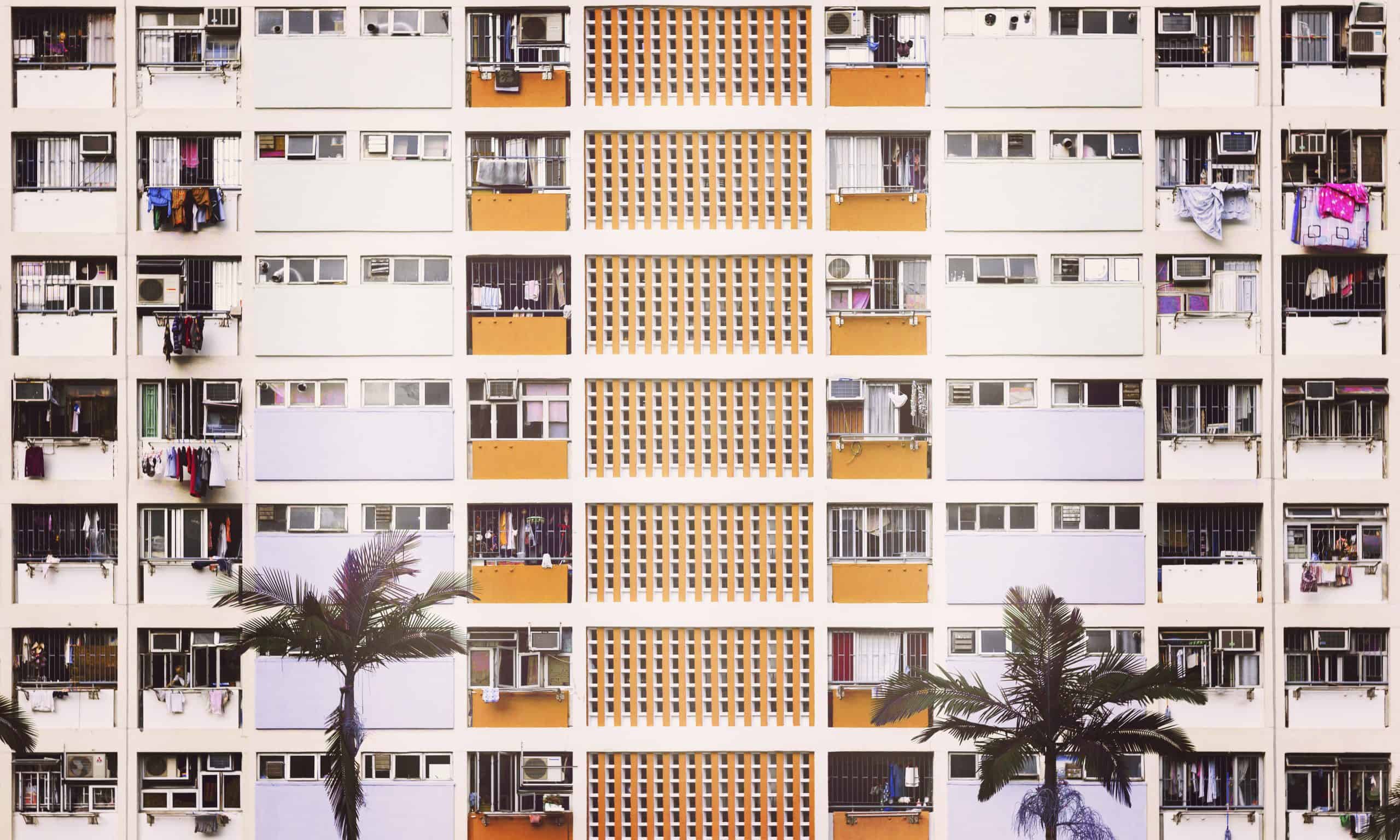When it comes to buying your first home, the decision-making process can be overwhelming, especially when it comes to choosing between an HDB loan and a bank loan in Singapore. Understanding the differences between these two options is crucial to make an informed decision that suits your needs and financial goals. In this article, we will delve into the basics of HDB loans, the eligibility criteria, and compare them with bank loans to help you navigate the complex world of housing loans in Singapore.
Understanding HDB Loans:
Before we dive into the comparison, let’s start with the basics. HDB properties in Singapore operate on a temporary leasehold basis of 99 years. To be eligible for an HDB loan, you must be a Singapore Citizen or a permanent resident within a certain income bracket. HDB loans offer a lower downpayment requirement of 20% of the purchase price, which can be paid using your CPF funds from your Ordinary Account (OA). The interest rate for HDB loans is fixed at 2.6% for the entire loan tenure, providing stability and predictable monthly repayments.
Eligibility for HDB Loans:
To qualify for an HDB loan, there are several eligibility criteria you must meet:
- Singapore Citizen: At least one buyer/applicant must be a Singapore Citizen.
- Property Ownership: You should not own a private residence in Singapore or elsewhere.
- Income Ceiling: The monthly income ceiling is set at $14,000 for couples ($21,000 for extended families).
- Previous HDB Loans: If you have already taken two previous HDB loans, you are not eligible for another HDB loan.
- Disposal of Private Residential Property: HDB checks whether you have disposed of any private residential property within 30 months before the loan application.
HDB Loan Benefits and Considerations:
HDB loans offer several advantages, including a lower down payment, consistent interest rates, and forgiving penalties for late payments. However, it’s important to note that the Loan-to-Value (LTV) limit for HDB loans was tightened from 85% to 80% after the cooling measures were introduced. The maximum loan tenure for HDB loans is 25 years, and there is no lock-in period, providing flexibility for refinancing or selling your HDB property.
Bank Loans for HDB Properties:
Alternatively, you can opt for a bank loan to finance your HDB purchase. Bank loans typically have fewer restrictions compared to HDB loans. The eligibility criteria for bank loans focus on your credit score, monthly income, and debt obligations. Bank loans offer a more competitive interest rate environment, but the interest rates are variable and can be influenced by market conditions. Bank loans require a 25% down payment, and the loan tenure can extend up to 30 years, resulting in lower monthly repayments but potentially higher total interest paid over the loan’s life.
Key Differences between HDB and Bank Loans:
To summarize the differences between HDB loans and bank loans for HDB properties, consider the following factors:
- Loan Eligibility: HDB loans have specific eligibility criteria, including citizenship and income ceiling, while bank loans focus on credit score, income stability, and monthly debt obligations.
- Interest Rate: HDB loans offer a fixed interest rate of 2.6%, whereas bank loans have variable interest rates that are currently higher.
- Monthly Instalments: HDB loans provide stability with consistent monthly instalments, while bank loan instalments can fluctuate based on interest rate changes.
- Down payment Amount: HDB loans require a 20% down payment, while bank loans require a 25% down payment.
- Maximum Loan Tenure: HDB loans have a maximum tenure of 25 years, while bank loans allow for a longer tenure of up to 30 years.
- Penalties: HDB loans have no lock-in period and relatively lower penalties, whereas bank loans may have penalties for early repayment or refinancing within the lock-in period.
Considering the Historical Interest Rate Trend:
In recent years, HDB loan interest rates have remained stable at 2.6%, while bank loan rates have experienced fluctuations. Currently, bank loan interest rates are higher, but they may decrease in the future as global economic conditions stabilize. However, opting for an HDB loan can provide more stability and lower interest rates in the current inflationary environment.
Choosing the Right Loan for You:
When deciding between an HDB loan and a bank loan, consider factors such as your cash outlay capability, penalties, income stability, and credit score. HDB loans are more suitable if you prefer lower down payments, more forgiving penalties, or have an income below the HDB income ceiling. Bank loans can be attractive if you have a good credit score, stable income, and prioritize flexibility in loan tenure.
Ultimately, there is no one-size-fits-all approach to choosing the best mortgage loan for your HDB property. It’s important to seek professional advice from a mortgage consultant who can guide you based on your unique circumstances and financial goals.
Buying an HDB property involves navigating the complexities of housing loans. Understanding the differences between HDB loans and bank loans is crucial to make an informed decision. Consider your eligibility, interest rate stability, down payment requirements, loan tenure, and penalties to determine which option suits your financial situation and long-term goals. If you need further guidance, reach out to a mortgage consultant who can provide personalized advice and help you secure the most suitable loan for your HDB purchase.

